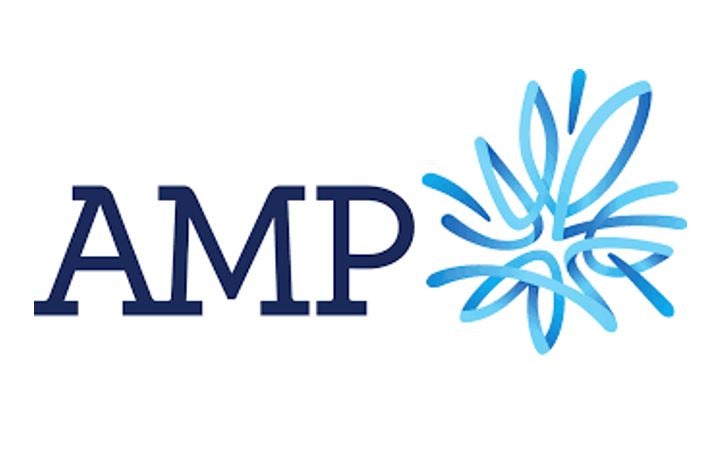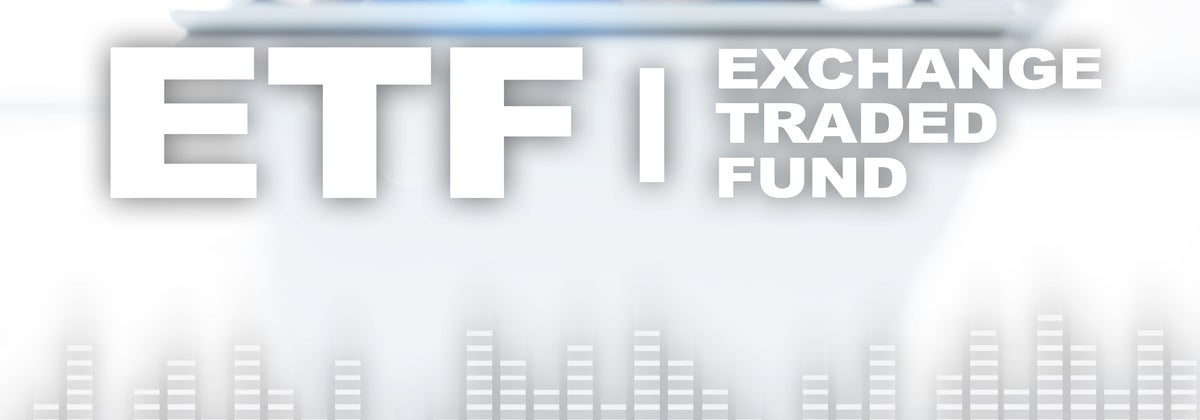Almost all KiwiSaver funds have a portion of the pot invested in shares, and the overriding objective of most KiwiSaver fund managers is to make money. So there’s a high chance that some of the fund’s investments may not align with your values and principles. But it’s not all doom and gloom! There’s likely an option out there that will match your environmental and social values.
What exactly does ethical investing mean?
Ethical KiwiSaver funds/socially responsible funds can also be called green or sustainable investments. The term ethical will obviously mean different things to different people. You can start by asking yourself what ethical investing means to you. Investment funds will also have a variety of approaches to this question.
In New Zealand, exclusions of tobacco and controversial weapons (landmines, cluster bombs and nuclear weapons) are now widely used. But think about where you stand on things like manufacturing tobacco, alcohol, nuclear power, gambling, etc.
You might also be wondering how KiwiSaver providers even arrive at an ethical or sustainable status. A key concept to understand when choosing a socially responsible KiwiSaver fund is the difference between negative and positive screening.
What is negative and positive screening?
KiwiSaver fund managers use either negative or positive screening when choosing the underlying investments in responsible funds. Negative screening is the most common form of screening in KiwiSaver. It involves avoiding companies or industries that are considered to be harmful to society or the environment (like weapons and fossil fuel exploration).
KiwiSaver funds that negatively screen exclude these types of industries from their pool of possible investments. They don’t actively look to invest in companies and industries that do social or environmental good – they just avoid the ones that are socially or environmentally harmful.
Positively screened funds go one step further and invest in companies and industries that have a positive social or environmental impact, i.e. sustainable industries. The theory is that these industries will do well for people and the planet in the long term, because of their long-term potential to compete and succeed in terms of fund performance.
But know that terms like ethical and sustainable attached to provider’s funds might not be as squeaky clean as you’d assume. In the past there have been reports of funds that have been marketed as positive impact but which have held investments in animal testing and fossil fuels. This isn’t to say we’re all deliberately being misled by marketing, it’s just a reminder to keep in mind that definitions around categorising investments can vary widely across the industry.
What are my options for investing in an ethical KiwiSaver fund?
As we’ve covered, the ethical category is vast, and every fund will be different. Generally, providers that advertise ethical funds actively avoid investing in companies and/or industries that cause environmental or social harm. Others actually invest in socially/environmentally beneficial things, like renewable energy, organic and low-impact agriculture, green homes, etc (positively screened funds). What’s right for you will depend on your own criteria.
Some ethical KiwiSaver options:
CareSaver
CareSaver launched in 2019 and rates the companies it invests in on environmental, social and governance (ESG) metrics. They’re aspiring to be NZ’s most ethical KiwiSaver scheme. They not only exclude bad industries, but invest heavily in good industries. They also give 20% of their market fees to the charity of your choice.
Funds: Growth, balanced and conservative
Fees: There’s a management fee of between 0.8% to 1.25% per annum, depending on the fund type. There’s also an annual administration fee of $27, except for balances below $1000.
AMP Responsible Investment Balanced Fund
AMP’s fund avoids investing in companies working within sectors with recognised high negative social impact. They seek out companies doing good in areas that include environment, human rights, animal welfare, gender diversity, pollution and responsible banking.
Fund: Balanced
Fees: A fee of around 1.2% of net asset value annually, plus a yearly member fee of $23.40.
Booster
Booster has three Socially Responsible Investment Funds (moderate, balanced and growth). Their approach to responsible investing is derived from the United Nations-supported body the Principles for Responsible Investment. The funds have nine exclusions that include fossil fuels, genetically modified organisms, tobacco and civilian firearms production.
Funds: Moderate, balanced and growth
Fees: Range from 1.12% to 1.3% annually, depending on the fund. There’s a membership fee of $36 a year (only charged on account balances over $500).
It pays to keep in mind that ethical investing is just one factor on a list of criteria you should be considering when choosing your fund. Is the fund you’re in the right risk level for you? Are the fees reasonable? What has its performance been like? Do some decent research before you commit to a fund. Don’t know where to start with choosing a KiwiSaver provider or fund? You can use Canstar’s comparison tool to narrow down your options.
What are the returns like?
Of course, it’s all very well to feel good about where your dollars are being invested, but is what you’re getting in the long run going to be worth it? It’s obviously difficult to predict, but an analysis of returns for the first quarter of 2020 showed KiwiSaver funds invested solely in ethical companies were outperforming other funds amidst market volatility. Growth funds were on average down more than 12%, but growth funds that were ethically invested lost under 8%. Conservative and balanced funds also performed better.
Some might have concerns that the constraints of ethical investing can reduce the spread of your portfolio, meaning your returns are reliant on the performance of fewer companies. But it’s important to remember responsible funds still have hundreds, if not thousands, of investment choices available after screening and, as a result, the manager can diversify a fund’s investments to ensure it does just as well as ordinary funds. There’s also evidence to show ethical companies are more resilient in a downturn.
AMP reminded its KiwiSaver members in its Responsible Investment Balanced Fund that just because you choose to do good with your KiwiSaver money, doesn’t mean that it can’t do good for you, too. The fund has made good returns, last year it had an annual return of 15.91% (as at December 31, 2019 after total fund charges but before tax).
Plus, the more people who put their money where their morals are, the greater the likelihood of increased competition in this type of investment option.
I’m interested in changing KiwiSaver providers, how can I do that?
First off, you’re not alone. Research shows two thirds of New Zealanders would consider switching their KiwiSaver or other investments to another provider if their current fund engaged in activities inconsistent with their values.
You can change your KiwiSaver scheme provider at any time. To make a move, you need to apply directly to the provider of the scheme you want to join. Your new provider arranges the transfer of your savings from your old scheme to the new one. The process takes about two weeks, but your old scheme provider may charge you a transfer fee, so check this with them.
Canstar has researched and rated KiwiSaver funds and providers, to make it easier for you to be able to compare your options. Check out our free KiwiSaver comparison tools below:
Compare KiwiSaver providers for free with Canstar!
Enjoy reading this article?
You can like us on Facebook and get social, or sign up to receive more news like this straight to your inbox.
By subscribing you agree to the Canstar Privacy Policy









Share this article